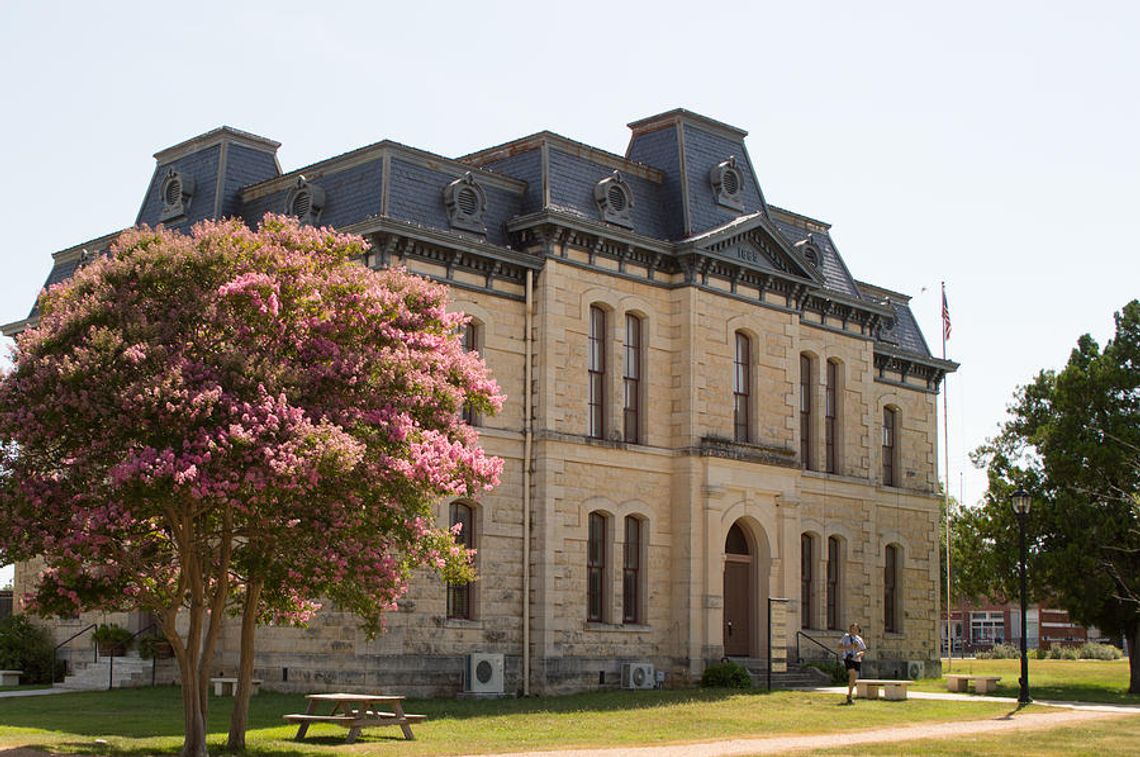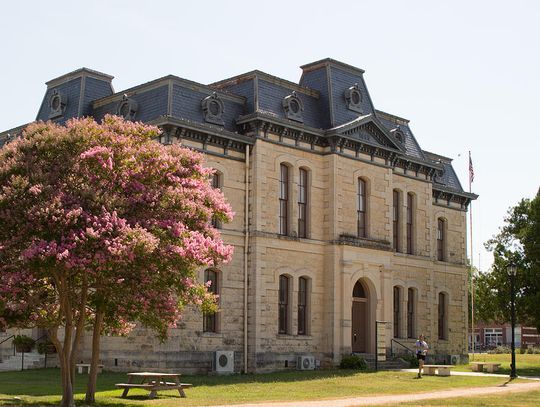The Blanco City Council held a workshop style meeting Dec. 30 to discuss the bond program the Capital Infrastructure Asset Management Advisory Committee (CIAMAC) has been working on in recent months and the potential relocation of city hall.
CIAMAC chairperson OJ Armstrong stated that the Environmental Protection Agency has predicted that Texas will spend $61 billion in the next 20 years on fixing and upgrading water infrastructure. He provided that number for context around the magnitude of the projects statewide, and the competition Blanco would face for funding through grants programs amongst other communities.
Armstrong also laid out a possible worst-case scenario where cities can be placed in receivership by the state if they do not address infrastructure issues. The bond program the committee is proposing depends on a fixed long term debt ratio tied to APV (assessed property value). The cap would be a 5% debt to asset ratio. There is a current CIP (Capital Improvement Projects), which lists top priority projects identified by HR the following assumptions regarding rehab of the city annex building at 503 Pecan and rehab and rental of the current city hall and the Byars Building. The building on Pecan and 5th streets could be rehabilitated at a cost of $500,000. The remodel would Green’s survey.
The bonds program would include sales of seven-year tranches of $16-20 million. The reasoning behind a seven-year time period is to avoid the cost of yearly bond elections which are expensive. The committee provided background on the increase of the city’s assessed value over the last 20-plus years. In 2002, the value was about $62 million, while it was $364 million as of the 2024 budget.
That growth rate averages 8% growth over the 23-year period. To be more conservative with their projections, the committee is using 6% growth per year, and for the purposes of the bond, they are capping the debt at 5%.
The council has not yet voted to approve the authorization of the bond sales and is actively seeking public input on the program. The council is expected to vote on the authorization to place the issue on the ballot at the February city council meeting. The bond project will likely be on the agenda again for the January meeting, and there should be additional workshops explaining the process before a possible vote by the public during the May election.
Relocation of the city hall resurfaced as a discussion item. The presentation included include council chambers, city staff offices and potentially the post office. The presentation included an assumption of rental income of $100,000 annually from a tenant. The Byars Building would likely have remodeling costs, which were not disclosed, with an annual rent of $21,000. City hall is estimated to have a $25,000 renovation fee with an annual rent of $30,000.
Council member Dennis Moore Jr. assisted City Administrator Warren Escovy with the projections and suggested that the Comprehensive Master Plan committee might also include the future of city hall in plans. He also stated that more data was needed before any action could be taken. Council member Bobby Mack-McClung spoke at length about what a potential remodel of the city annex building could entail. No votes were taken, and a robust discussion between the members of the public in attendance and Council about how to proceed with city property ensued.



